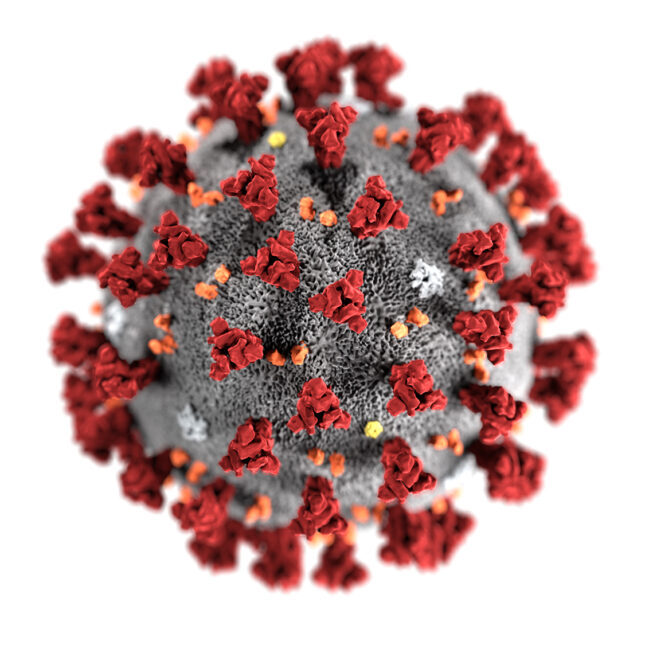Since the COVID crisis hit in early 2020, Americans have lived through unprecedented times, experiencing multiple catastrophic phenomena at once. What started as an epidemic in China in 2019, by March 2020 spread globally as a pandemic, causing widespread economic, social and health dilemmas. In the US, state and local governments, fearing the spread of the airborne virus, shut down businesses for weeks, then months, often times opening and closing again adding to anxiety among citizens, and causing the highest levels of unemployment since the Great Depression. From elementary schools to universities, campuses closed their doors, pushing students into solitary lockdown away from the physical presence of teachers and peers. Affecting the lives of people of all ages, and from all walks of life, the COVID crisis provided a foundation of anxiety, fear and mistrust, when police officer Derek Chauvin killed a Minneapolis African American resident named George Floyd, knelling on Floyd’s neck until he died. Floyd’s death sparked outrage across the nation, as protestors took to the streets demanding justice, not only for Floyd but other African Americans who police in recent years have murdered. Racial divisions latent throughout society were made manifest as tensions rose to heights not seen on so widespread a scale for several decades. All the above hitting America hard during one of the most contentious presidential election years in all US History.
As the US entered 2021 COVID cases surged across the nation and world. Here, in Fresno County, the region suffered one of the highest COVID rates in the nation, and as of February 2021 the Fresno County jail reported the highest rates of infection out of any jail or prison in all of the US. As of March 2021, nations around the world are attempting to provide vaccines to their citizens.
This project seeks to capture the voices of Americans within California’s Central Valley as they lived through and experienced the COVID crises.
Timeline (this timeline is approximate and is subject to change):
The oral history project will initially span a period of 2 years, that is 4 academic semesters, from Spring 2021 to Spring 2023. During the following academic year of 2024-2025 a seminar will showcase the project’s findings, with team leaders and students presenting papers.
The database and findings will open to other researchers once the seminar is held and the team has written and presented their initial findings or papers.
